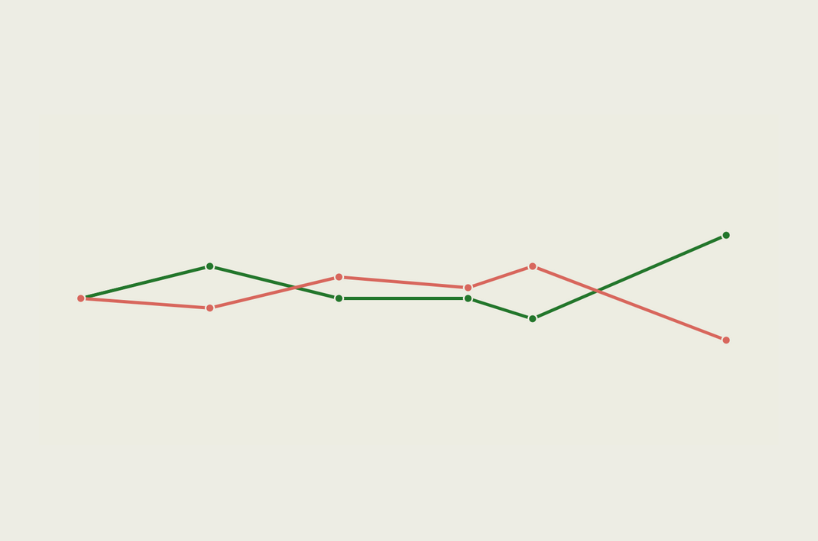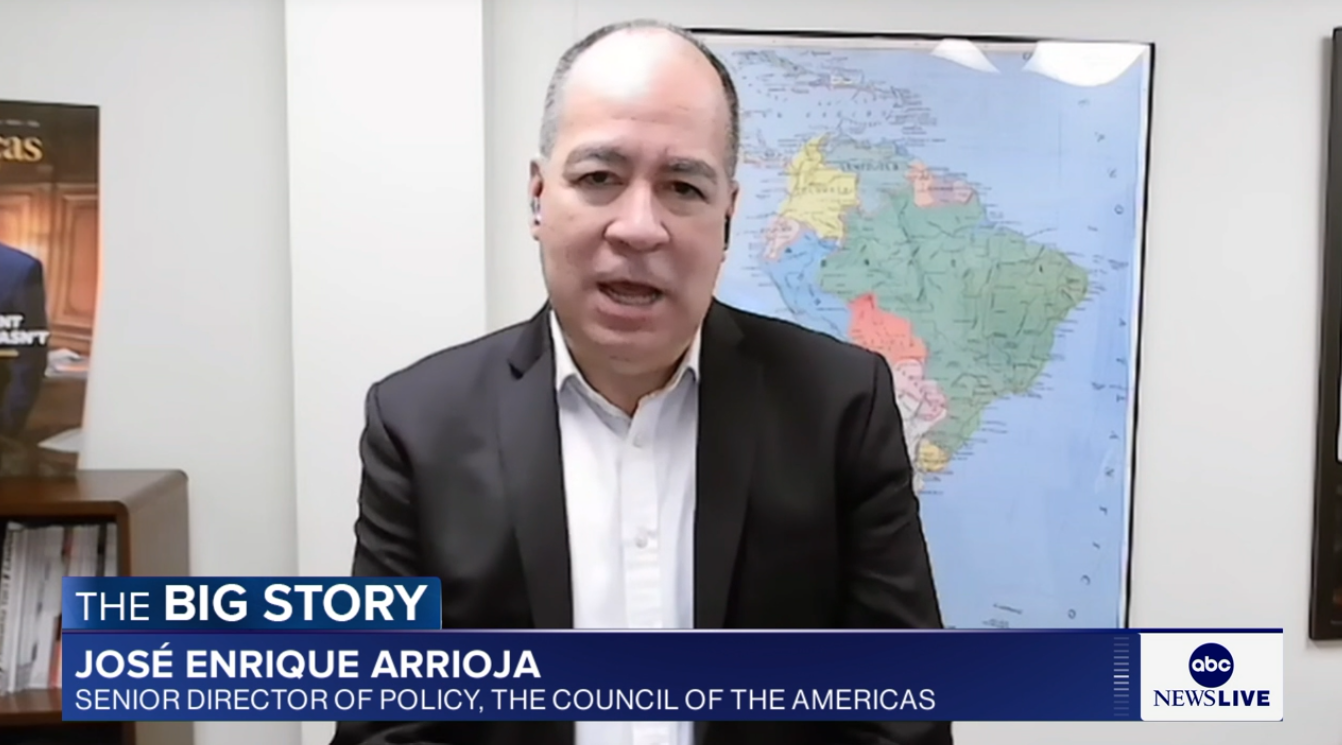What's Next for Venezuela?
What's Next for Venezuela?
In El Tiempo, AS/COA’s Eric Farnsworth writes that interim leader Nicolás Maduro will focus on solidifying his political position while seeking to fix the economy.
The death of Venezuelan president Hugo Chávez on March 5 is a watershed moment. For the 14 years of his reign, his work toward socialist revolution in Venezuela and across the hemisphere sharply divided regional politics, polarized his own population, and drove a wedge between Venezuela and the United States. In the end, Chávez was a figure larger than life, a symbol to many of a leader unafraid to take on the established powers and give political voice to those traditionally without it. To others, he was an autocrat who dismantled independent democratic institutions, wrecked the Venezuelan economy, and dramatically complicated hemispheric relations.
Already, with new elections required shortly, the fight is on to define the Chávez legacy. Interim leader and Chávez’ designated successor Nicolas Maduro has claimed the mantle of Chavismo but lacks the charisma and personal narrative of his mentor. At the same time, Chávez bequeathed to him a deteriorating economy, exploding crime, and closer international relations with global pariah nations such as Iran than with the United States, a traditional ally and the largest market for Venezuelan crude. Rather than call for national healing, improved international relations, or, less likely, a government of national unity to address these serious issues, however, Maduro has already moved to undercut nascent moves by Washington to improve relations while vilifying the political opposition at home.
No question he is doing this to solidify his own role as the keeper of the Chávez flame and to bolster his own legitimacy in the eyes of his political base. But the practical impact is to further divide Venezuelan society while keeping the United States at a distance. We should all expect a rocky road ahead.
Washington clearly wants a better relationship with Caracas, and has been frustrated that Chávez was thoroughly disinterested in any relationship with the United States beyond a foil for his political ambitions and a market for his oil. Maduro now seems content to follow the same line. Prior to Chávez’ death, US government representatives had been in contact with Venezuelan representatives including Maduro himself to seek confidence building measures that could establish a path toward improved relations. That effort is now on hold, at least until Maduro has actually won an election, given Maduro’s expulsion of two US embassy employees and his laughable claim that the United States was responsible for Chávez’ cancer and his demise.
From the U.S. perspective, the most appropriate effort at this point would be to work with hemispheric partners including the Organization of American States to promote a free and fair election which must be held, according to the Venezuelan constitution, within 30 days from the death or incapacitation of the President. The full resources of the state are being mobilized in support of the Chavista candidate, including the official press, national oil company PDVSA, and the military, which has already pledged loyalty to Maduro, according to press reports, thus violating its apolitical mandate. The playing field is manifestly uneven for the opposition, and democracy in Venezuela must not be an afterthought.
Nonetheless, the most likely scenario is a victory for Maduro in upcoming elections, and a new mandate for Chavismo. Would this provide an opening for improved relations with Washington? Only if Caracas wants a relationship with the United States beyond the raw self-interest of trade in energy. In the meantime, Maduro will be focused on solidifying his own position internally and finding ways to patch Venezuela’s leaking economy. Hopefully, he will also choose to play a responsible role encouraging the FARC leadership to accept peace with Colombia, and stanch the flow of illegal narcotics transiting through Venezuela en route to North America via Mexico, Central America, and the Caribbean Basin.
The bottom line is this: Chávez’ death concludes an era. It remains to be seen whether his successor—whoever he is—will seek the same course in coming weeks and months, or whether he will now look for a different approach. My hope is on the latter; my bet is on the former.
Eric Farnsworth is vice president of the Council of the Americas.








